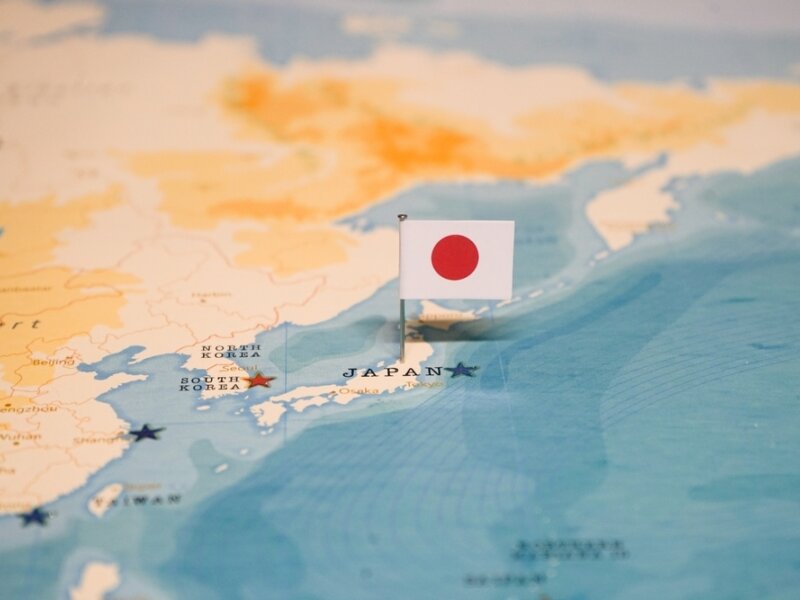Lebanon and Israel – “War and Peace”
Israel and Lebanon signed a historic agreement for shared exploitation of offshore gas fields. An analysis by Gaja Pellegrini-Bettoli

The draft agreement reached between Israel and Lebanon on 11 October is no doubt historic. The two nations have been at war since the foundation of Israel in 1948. While a ceasefire was signed in 2006, no peace treaty has ever been even discussed. The new agreement formally ends a long-lasting dispute over maritime borders and is born out of both political and economic interests, including the need, for both sides, to stabilise their common border. Under current agreements, Israel has full rights to develop the Karish gas field, while Lebanon has full rights in Qana, although Israel has the right to get a share of royalties through a side agreement with French company TotalEnergies.
For Lebanon, the agreement represents a way to provide the country with much-needed relief, after its socioeconomic collapse and the deep alienation of the people from the political élites governing the country. The draft agreement is a potential game changer, stemming from a rare consensus between the Lebanese political parties and the support of two key essential political groups, the Free Patriotic Movement (FPM) and Hezbollah, as highlighted by the Carnegie Middle East Center in Beirut. For Lebanese President Michel Aoun (FPM), whose mandate will end on 31 October, the draft agreement represents an important result. As for Hezbollah, despite its rhetorical war against Israel, the group seems to have no interest in entering a military conflict that would damage its domestic situation and regional role. The accord recognises Lebanon’s right to explore specific offshore areas where gas is believed to lie, from which the country hopes to get further economic relief, although not immediately. However, reflecting the public sentiment of the Lebanese people and their lack of trust in the institutions, some are concerned that the deal will be used as a pretext to reject an IMF deal for a US$3 billion relief plan, tied to the implementation of ten structural reforms which the government has so far failed to apply. In other words, many in Lebanon worry that the potential revenue stemming from the gas fields will be squandered by the ruling political class, further delaying needed structural reforms. Some analysts believe this will result in additional pressure on Parliament to create a sovereign wealth fund to protect the country’s generated revenues.
For Israel, too, the deal comes with economic and political gains. One of the gas fields, Karish, is estimated to hold 1.75 trillion cubic feet of gas, worth approximately US$3 billion. With the country set for elections on 1 November (the day after the end of Aoun’s term as President of Lebanon), as the Israeli Knesset dissolves, this could be considered a political victory for Israeli PM Yair Lapid, whose future majority in the Parliament is uncertain, at best. Like in Lebanon, the agreement is viewed with “suspicion” by some. The ratification of the deal by the government, so close to elections, raised doubts over its legitimacy. Some have seen the need to call for a referendum and the opposition Leader Benjamin Netanyahu stressed that the Knesset should approve the deal. However, the maritime deal with Cyprus in 2021 (sealed without any referendum taking place) set a significant precedent.
Notwithstanding the difficulties in brokering the agreement, both countries have all to gain by sticking to it now. Furthermore, it would be hard to imagine how Israel’s internal politics, following elections and irrespective of their outcome, could reverse the agreement, especially considering the key support given to it by the US. However, despite mutual warnings – in Lebanon, Hezbollah is calling Israeli gas extraction from Karish a ‘red line’, while the Israeli Government is making it clear that the price for any harm to its offshore rig “will be Lebanon” – this agreement removes a significant point of friction that could have led to a new conflict. Nonetheless, the maritime border agreement can still not be considered a sign of normalization between the two countries and most analysts believe that Israel and Lebanon are still far from reaching a peace agreement.



